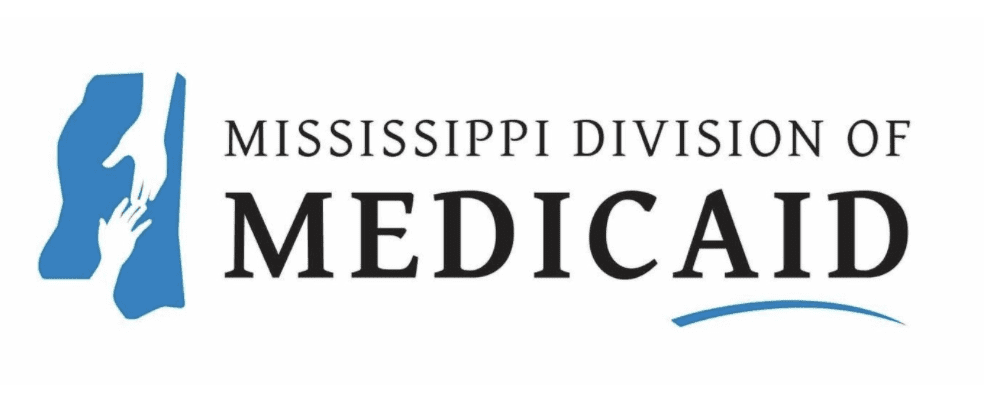
Drew Snyder, Director of Medicaid, says expansion is a pretty dramatic departure from what the program was intended to be.
In the 2021 Mississippi Legislative session the Medicaid Technical amendments bill, set to be good for three years, was passed by lawmakers. However, more changes could be on the horizon come the 2022 session.
On Wednesday, Director of the Division of Medicaid Drew Snyder interviewed on SuperTalk Radio’s, Gallo Show, to discuss the current state of medicaid, the provider rate freeze and of course continued rumors and pushes for medicaid expansion.
In the 2021 tech bill, lawmakers froze provider rate reimbursements for the foreseeable future. Snyder said this has caused some concern and issues among providers since it was implemented on July 1.
“I think we are going to have to fix this rate chokehold that was put in that was freezing rates. I don’t think that is sustainable,” said Snyder.

He also shared concerns that it was putting medicaid program in a position where they would likely have to chose between following state law or qualifying for federal matching funds.
However, Snyder said the rate freeze and medicaid expansion were two very separate issues and with this rate freeze lingering urgently, it could push any more conversation regarding expansion even further down the road.
Initially, it looked as though expansion would be addressed as early as 2022 on the ballot with an initiative backed by the Mississippi Hospital Association. After the Mississippi Supreme Court’s decision regarding Initiative 65 and the initiative process Snyder said he would be surprised if something like that could even come up before 2024.
Whether or not lawmakers will attempt to draft legislation for expansion is still unclear. Some, like Speaker of the House Philip Gunn and Governor Tate Reeves, have come out admittedly against any sort of expansion claiming it is not conservative policy.
In the same interview Snyder also commented on a recent OP-ED written by Y’all Politic’s own Frank Corder. The article dives into the perceived notions surrounding medicaid as well as the reality expansion has brought to many states.
RELATED: CORDER: Medicaid expansion poses huge fiscal risks for Mississippi no one is talking about
Snyder confirmed several points in the article, one of which is that medicaid expansion does not drastically grow a state’s economy. He said Mississippi will not make a lot of money off of any kind of expansion. He added it is also important to not only look at the immediate impact, but the long term effects that kind of growth would create for the state budget.
Snyder estimated, based on comparisons to Louisiana’s expansion category, that Mississippi would add roughly 400,000 individuals to Medicaid. This would mean roughly a third of the state’s population would be on Medicaid, since there are roughly 820,000 enrolled recipients now.
That would increase costs to about $6,800 per individual per year.
“State’s have to balance budgets. This isn’t the federal government where they can continue to spend and spend. Something will have to give,” said Snyder.
If there is, for example, an estimated $250 to $270 million state cost for expansion lawmakers will have to decide where that money will be diverted from, or what revenue stream options could be implemented to make up the match cost and pay for the additional individuals.
In Louisiana, taxes were raised on health maintenance organizations (HMOs) to offset their state’s increased share. Initially in the state it was expected that 350,000 people would be added to the rolls. When it was opened over 500,000 were added and now sits at 650,000.
Snyder statements and Corder’s article both asserted that often times expansion is much more expansive that intended and that leaves state’s in a precarious position to find funding for the program.
Snyder did agree, that if he were a hospital, expansion would look very beneficial. Which likely explains the push for expansion largely coming from Mississippi hospitals.
Snyder emphasized that expansion is a far cry from what the medicaid program was created to be. It was intended to be a transitional health insurance program for individuals until they can secure work or better insurance. But it has shown that many people get on Medicaid and never roll off.
In May of 2011 Mississippi had 705,000 people enrolled, 10 years later that number was up to 816,000.











